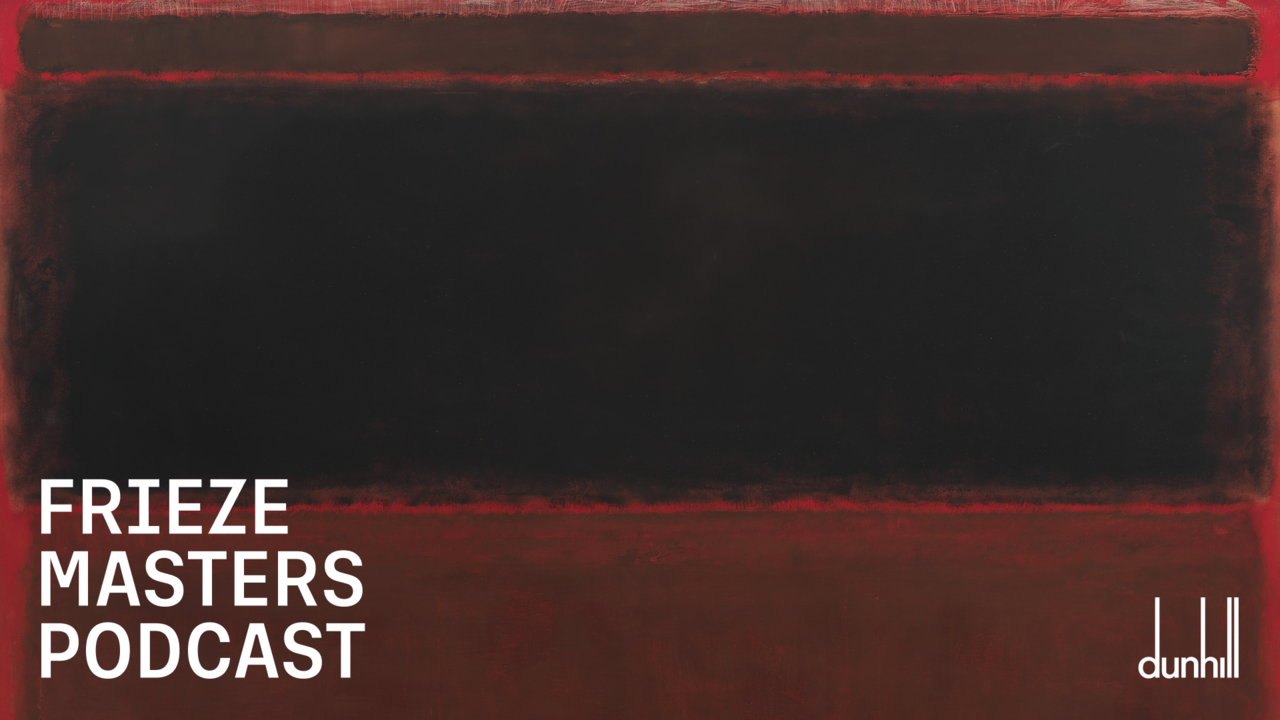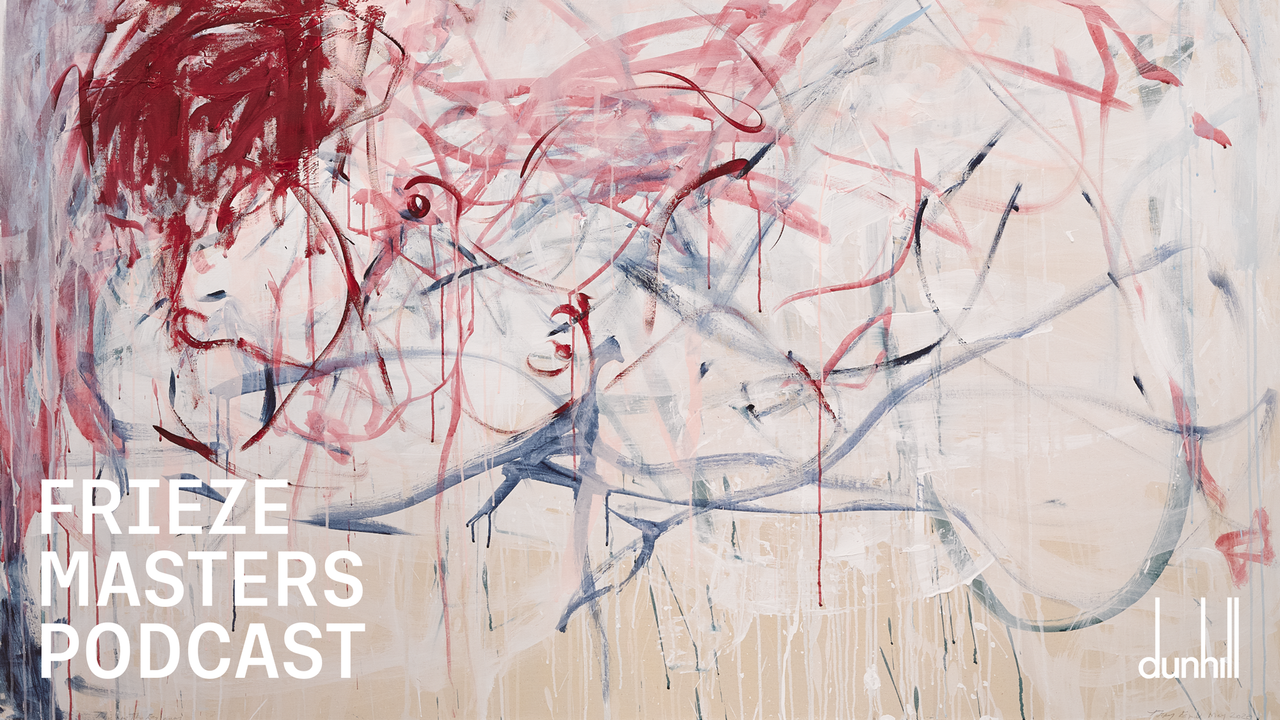Hawking the Goods
Stephen Hawking's Royal Albert Hall gig
Stephen Hawking's Royal Albert Hall gig
Wednesday, 22nd November - just another sell-out gig at the Royal Albert Hall; crowds are pouring in and leaflets are handed out. But these are no club flyers; they want you to consider converting to Islam. The usual touts are also out in force: 'Tickets for the Hawking lecture?' No thanks, I've already got one, purchased a few days after the single advertisement was run in the Times. By then, the only tickets left were for standing in the Gods - kind of appropriate, I suppose.
It's hardly surprising that the talk sold out so quickly when you consider the hysterical pitch of the hype: Cramming the phrases 'legendary scientist', 'phenomenal best-seller', and 'rare public appearance', all into the first sentence, the advertisement continued: 'Though robbed of speech and paralysed by an incurable wasting disease, Professor Hawking is one of the greatest scientific thinkers of our age. Unbound by the conventional procedures of scientific investigation, Hawking has been free to make bold leaps, tackling the most fundamental and important of all questions - how the universe began and how it will end.' Whoa... hang on there. In what sense exactly is Hawking 'unbound by conventional procedures of scientific investigation'? Is it because he is unbound from being able to feed himself, bathe himself, use the toilet by himself? Is it because he is unbound from the scientific norm of not being severely crippled? Should all scientists hope - if not pray - to suffer one day from the frequently fatal and certainly incurable Motor Neurone Disease? Such unconsidered, nonsensical hype is surprisingly tactless, even for professional publicists.
But then how else would we expect this event to be publicised? Professor Hawking's star quality is not that he is a leading astrophysicist, nor is it that he is horrendously crippled. It's that he is both, and as such he perfectly personifies the traditional mind/body polarity, thus embodying an ideal of humanity: 'the world's best known living scientist, an archetypal example of Homo Sapiens... thinking man.' Here is a man who, essentially, consists of just brain and technology: a sort of super-nerd. (Übermensch, indeed.) The truth is that it's the human brain that has allowed us to dominate the other species, and we all like to be reminded of this once in a while: the Royal Albert Hall is filled tonight because people want to feel good about the power of mankind. What this event actually boils down to is a packed Colosseum witnessing Professor Hawking locked - quite literally - in gladiatorial combat with his own body. Of course the human ability par excellence - adaptability - proves victorious, and Stephen is able to inform us of his thoughts on the universe. Yes indeed, what a powerful society we have; with the aid of our most advanced artefact - technology - a man thoroughly crippled in body can still live; can penetrate the secrets of the universe; can appear on stage and tell us about them. Amen.
So as the lights dim and the spacey, portentous music fades, the crowd hushes. A terribly nice American gentleman takes the stage to prepare us for the star attraction. J.P. McEvoy is the author of Stephen Hawking for Beginners, for which this event marks the launch. The real purpose of the show, however, is revealed when he jokes that next year Hawking will do three nights here; after all, that's how Eric Clapton started out. But it's no joke; the programme explicitly states that Hawking is here 'to stage a physics rock concert...'
Finally, the time has come, and a real sense of expectation fills the air. Hush falls as the great man's wheelchair propels itself centre-stage, halting between, of all things, two wreaths. And then... silence, very awkward silence. This is by far the best part of the night; as nothing continues to happen, more and more people sense that something has gone wrong. Collective embarrassment spreads. We all become painfully aware that this event is nothing but a high-class freak show. When eventually the electronic words 'Can you hear me?' echo around the chamber, a lengthy and rapturous round of applause follows, making it quite clear that it's personal struggle, not physics, that people are here to witness. As it turns out, this synthesised voice is exactly what sci-fi has taught us to expect: disembodied from the crumpled figure before us, motionless save for the odd spasm in the left leg. The voice we are hearing is the voice of Universal Knowledge beaming directly to us from outer space. This is Platonic truth bypassing the material world to tell us how it really is. Truly we know that, through his self-chosen messenger, God has spoken. Ah, showbiz!
And this was the true message of the lecture: not physics, but entertainment. Hawking considers the prime task of physics to be the discovery of the so-called Theory of Every-thing, and what more suitable subject could there be for a science, we may well ask, since science itself aims somehow to become a theory of everything-to-everyone: an intellectual pursuit, a populist entertainment, a philosophy and also a replacement for religion. Religion is mentioned so frequently in contemporary science that one can only suspect paranoia, but with superheroes like Hawking as an opiate for the masses, perhaps science's day has finally come.














